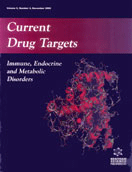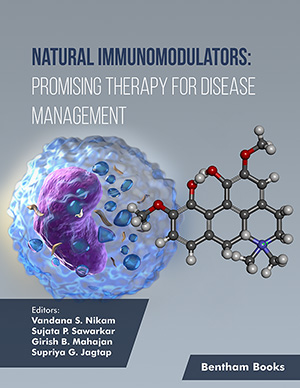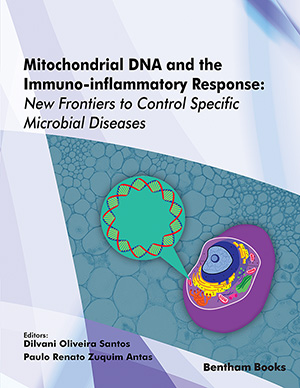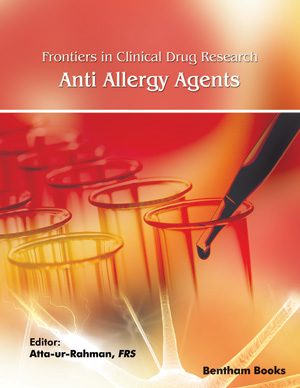
Abstract
The development of breast cancer is the consequence of uncontrolled growth and division of breast-ductal epithelial cells. While many factors contribute to its etiology, estrogen hormones within the context of many interrelated growth signaling pathways play critical roles for the initiation and development of breast cancer. The effects of estrogens are primarily mediated by the estrogen receptors (ERs) α and β. ER mediates a complex array of genomic and nongenomic events that orchestrate cellular metabolism, mitogenesis, morphogenesis, motogenesis, and apoptosis. The current modalities for the treatment of breast cancer have centered on the development of agents with diverse pharmacology to reduce/ablate the circulating estrogens or to alter/prevent ER function. Approaches to perturb the estrogen environment are successful usually in the remission of established tumors. However, many breast tumors are not responsive or eventually develop resistance to endocrine therapies. Despite considerable effort, the mechanism for the non-responsiveness and acquisition of resistance remains unclear. The establishment of hormone responsiveness is one of the current approaches for the development of an effective therapeutic modality for de novo resistant breast tumors. Reestablishment of loss of ER synthesis/function, on the other hand, constitutes a primary therapeutic goal for acquired resistance neoplasms. We have recently engineered transregulatory proteins that specifically targeted and robustly regulated estrogen responsive genes independent of ligand, ER-subtype and cell-context. The targeted regulation of estrogen responsive gene networks by these designer transregulators could provide a basis for the development of novel approaches for experimental biology and medicine.
Keywords: estrogen, estrogen receptor, growth factor, breast cancer, de novo endocrine resistance, acquired endocrine, resistance, adjuvant therapy, gene therapy
 6
6



















